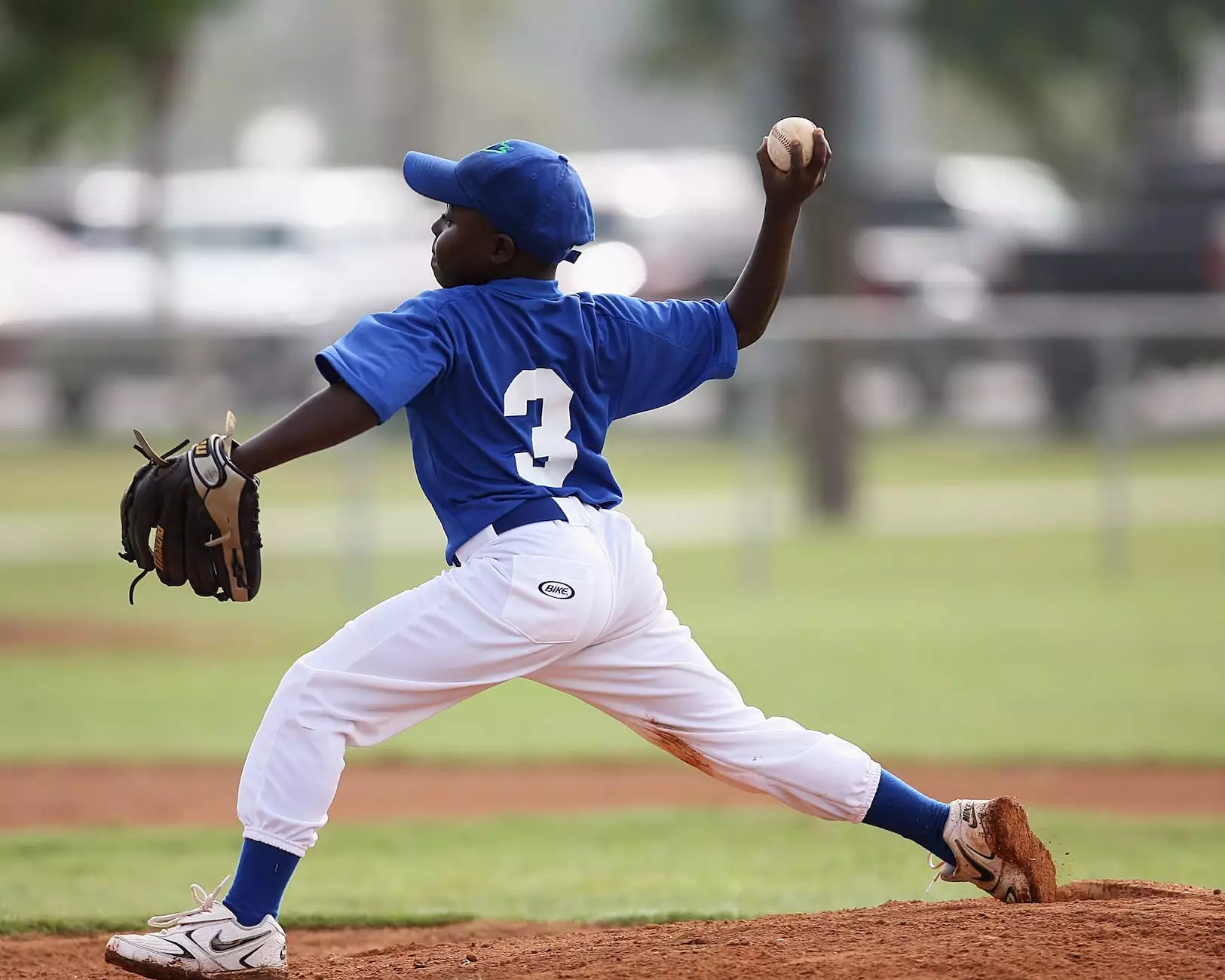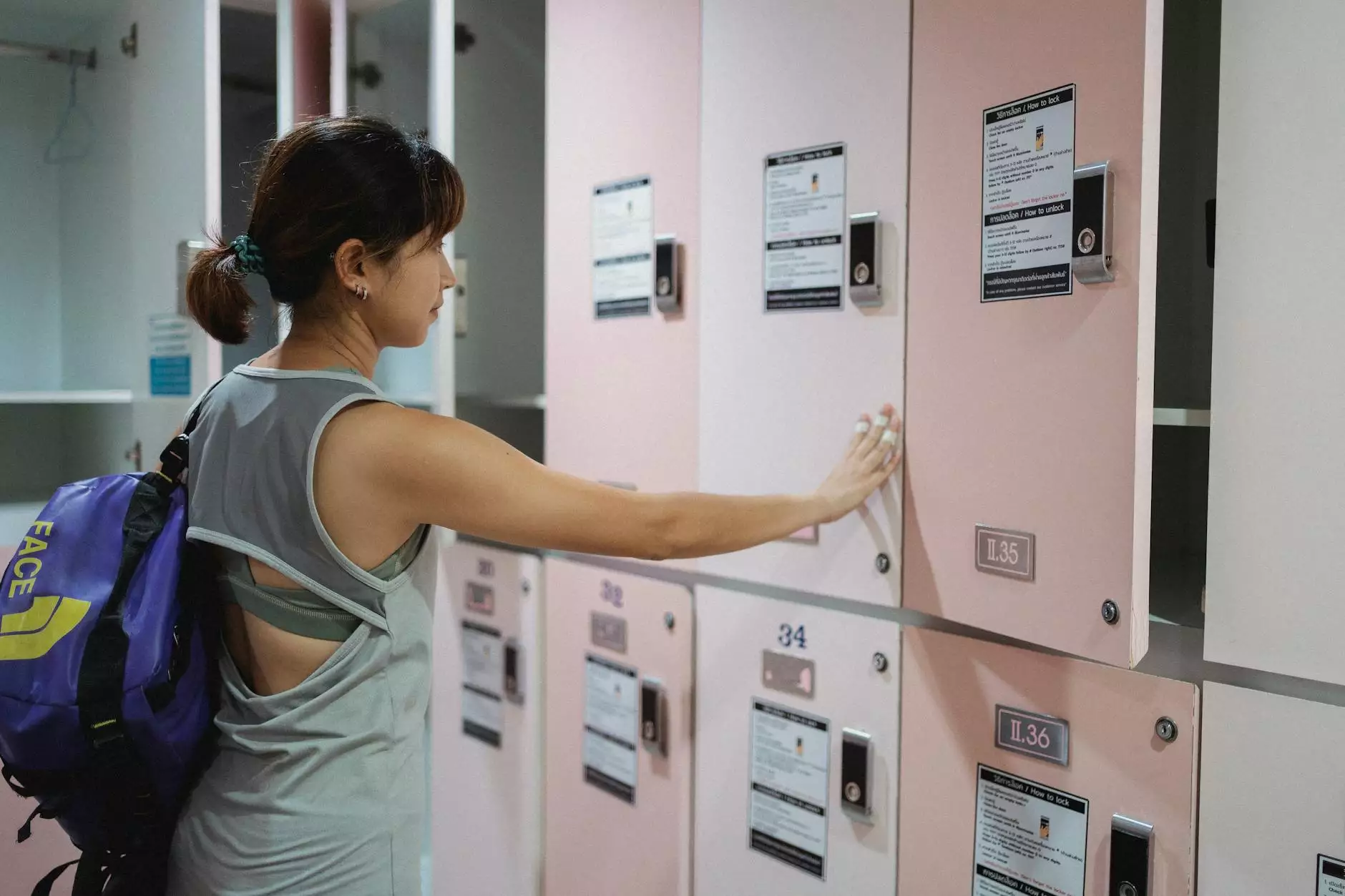Muscle Cramps
Orthopedic Surgery
The Causes of Muscle Cramps
Muscle cramps can be an incredibly uncomfortable and painful experience. It is important to understand the various causes of muscle cramps in order to effectively manage and prevent them. Common causes of muscle cramps include:
- Poor blood circulation
- Dehydration
- Nutritional deficiencies
- Overexertion
- Muscle fatigue
Symptoms and Types of Muscle Cramps
There are different types of muscle cramps which can affect various muscle groups in your body. Some common symptoms and types of muscle cramps include:
1. Exercise-Associated Muscle Cramps (EAMC)
EAMC commonly occur during or immediately after strenuous physical activities. They can affect any muscle group involved in the activity and are often a result of overuse or inadequate stretching.
2. Nocturnal Leg Cramps
Nocturnal leg cramps are painful spasms in the calf muscles that typically occur at night during sleep. The exact cause of nocturnal leg cramps is still unknown, but they can be related to muscle fatigue, nerve dysfunction, or electrolyte imbalances.
3. Heat Cramps
Heat cramps are muscle cramps that develop due to excessive sweating and electrolyte imbalances caused by prolonged physical activity in a hot environment. They often affect the muscles used for intense exertion, such as the abdomen, arms, or legs.
Relieving Muscle Cramps
When experiencing a muscle cramp, there are several actions you can take to relieve the pain and discomfort:
- Stretch and massage the affected muscle gently.
- Apply heat or cold therapy to the cramped area.
- Hydrate yourself with water or electrolyte-rich beverages.
- Practice regular stretching exercises and maintain good muscle conditioning.
Preventing Muscle Cramps
Preventing muscle cramps involves addressing the underlying causes and implementing preventive measures. Here are some strategies that can help:
- Increase fluid intake to stay adequately hydrated.
- Ensure you consume a balanced diet rich in essential nutrients like calcium, magnesium, and potassium.
- Avoid overexertion and practice gradual exercise routines with proper warm-ups and cool-downs.
- Consider regular massages, physical therapy, or chiropractic care to improve muscle flexibility and function.
- If you are prone to nocturnal leg cramps, you can try wearing compression socks to improve circulation.
Consulting with the Experts at Bowling Orthopaedics
Bowling Orthopaedics specializes in providing high-quality orthopedic care, including the treatment and management of muscle cramps. Our team of orthopedic specialists and therapists are experts in the field with many years of experience helping patients recover from various musculoskeletal conditions.
When you choose Bowling Orthopaedics, you gain access to a personalized treatment plan tailored to your unique needs. We focus on addressing the root cause of your muscle cramps and provide individualized care to provide immediate relief and long-term prevention.
Our state-of-the-art facilities and cutting-edge technologies ensure that you receive the highest standard of care in a comfortable and supportive environment. Don't let muscle cramps limit your potential. Contact Bowling Orthopaedics today to schedule a consultation and start your journey towards a pain-free life.










